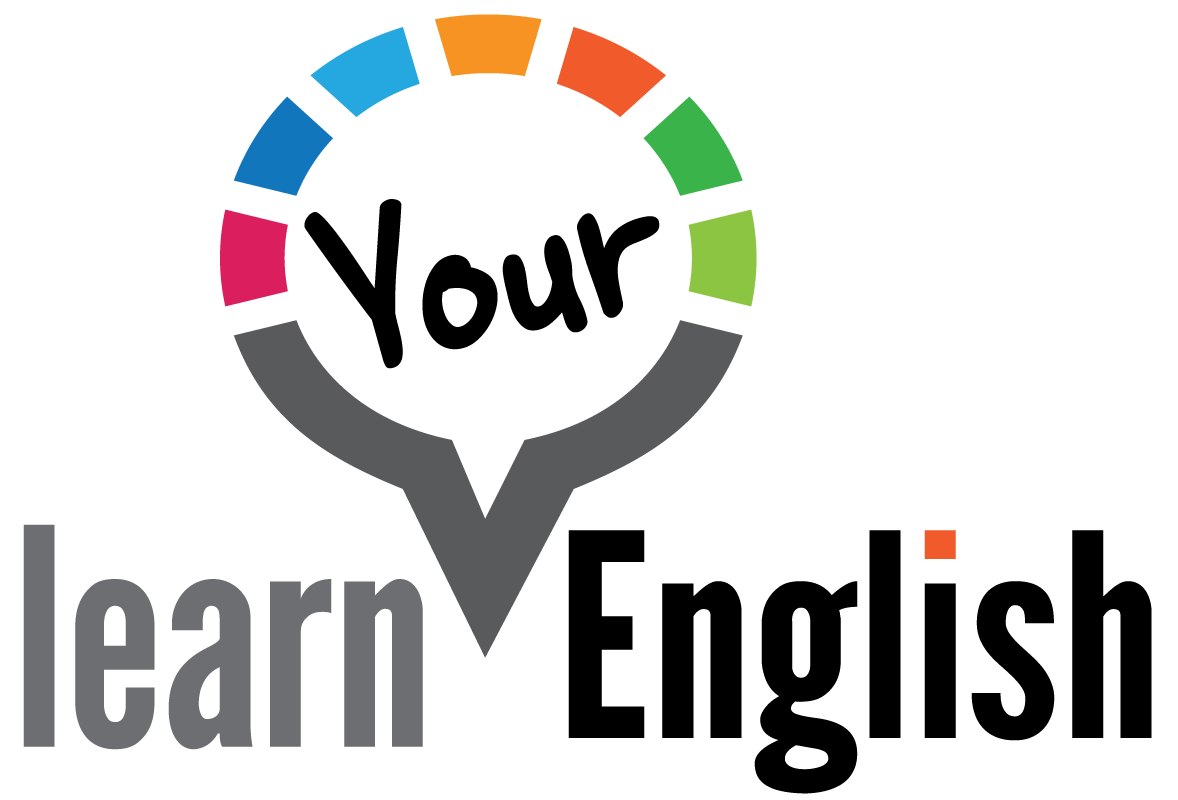Corrective Feedback 3: Exploring the Discourse with Dr. Rebecca Adams
We're thrilled to announce our new partnership with Carleton University in Ottawa, Canada, to produce an 8-part mini series on the topic of Corrective Feedback. The series explores the area of corrective feedback through interviews with 8 scholars in the field. All interviews are conducted by students in Dr. Eva Kartchava's MA class at Carleton University as a means of assessment to connect researchers to their audience and have her students generate a greater level of understanding and investment in the research from the course. If you are interested in having a similar series produced for your class or institute, you can contact us: info@learnyourenglish.com
Dr. Rebecca Adams joins us for episode 3. Dr. Adams is an Associate Professor in the Department of English at the University of Memphis, USA. She is an applied linguist with interests in instructed second language learning. Her research work focuses on peer communication in second language classrooms, peer corrective feedback in peer interaction and learning, second language task complexity in peer interactions, and focus on form.
In this episode, Dr. Adams highlights:
the benefits of peer feedback when compared to teacher-provided feedback
how to establish a conducive classroom environment for peer feedback to be most effective
types of corrective feedback and their effectiveness
whether students are actually hesitant to provide feedback to their peers
if teachers should wait for peer feedback to occur naturally or if providing students with training is beneficial
the connection between task-based language teaching and peer corrective feedback
*This interview was conducted by Marcel Zhang and Leo Liu.
Throughout the series, MA students from Dr. Kartchava's class will interview leading experts in the field of corrective feedback. We thank Dr. Kartchava for joining this episode and for spearheading this initiative
Interested in Continuing your Teacher Development?
Join the LYE Development Program
For more info on what we do at LYE, check out:
Our Teacher Development Membership
About Dr. Rebecca Adams
Rebecca Adams is an applied linguist with interests in classroom second language learning. Rebecca's work focuses on the role of peer communication in classroom settings in providing opportunities for learners to collaboratively construct second language knowledge as they work together in meaningful, authentic language tasks. Her publications have focused on topics including the second language task complexity in peer interactions, the role of feedback in peer interactions and learning, and collaborative peer writing and second language noticing and focus on form.
She has been published in many academic journals, including:
The Journal of Second Language Writing
Modern Language Journal
Asian Journal of English Language Teaching
International Review of Applied Linguistics
TESOL Quarterly
She has also contributed to numerous book chapters and has published two books of her own:
Philp, J., Adams, R., & Iwashita, N. (2013). Peer Interaction and Second Language Learning. Routledge: New York, New York.
Adams, R. & Oliver, R. (2019). Teaching through Peer Interaction. Routledge: New York.
Recent Publications
Podcast Creation:
This episode was created with support from Thinkific & Podbean. If you're looking to launch a course or start a podcast, we highly recommend them - and use them ourselves.
As always, thank you for listening. Your support has been overwhelming and we couldn't do what we do without you. We hope this podcast serves as an effective CPD tool for you.
If you have a comment or question about today's show, we'd love to hear from you: info@learnyourenglish.com








